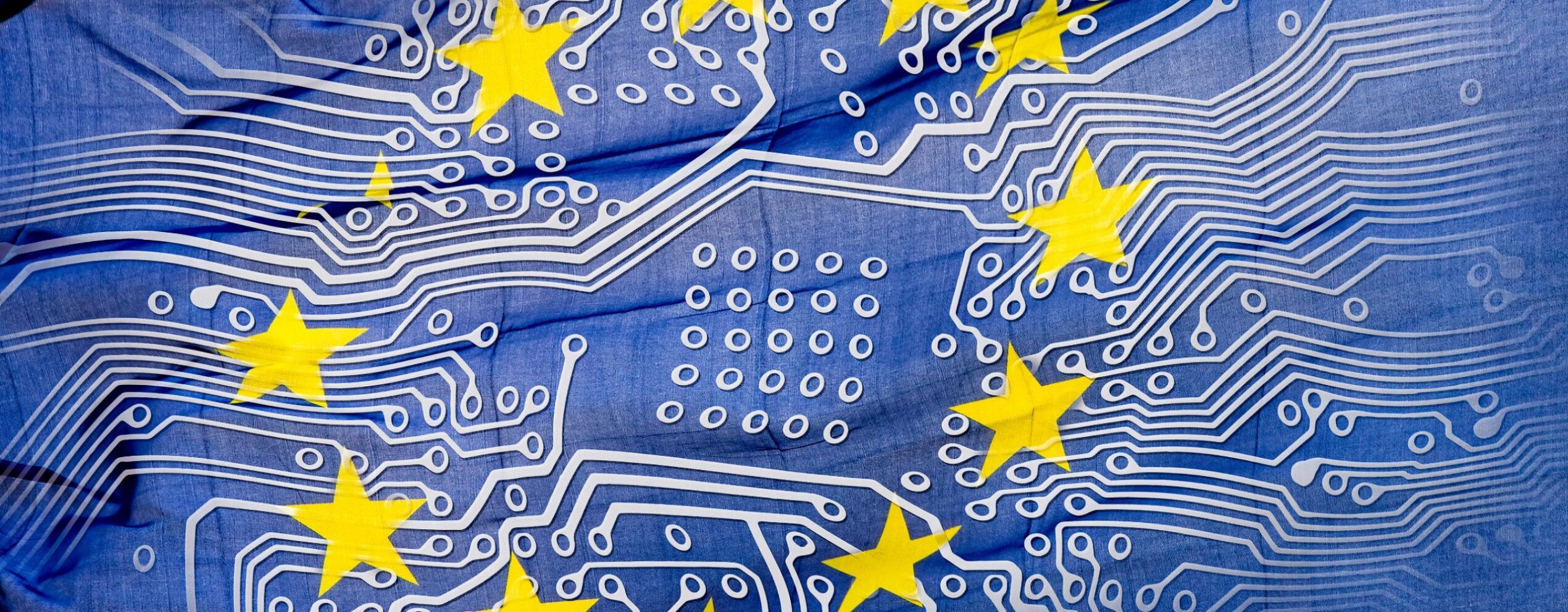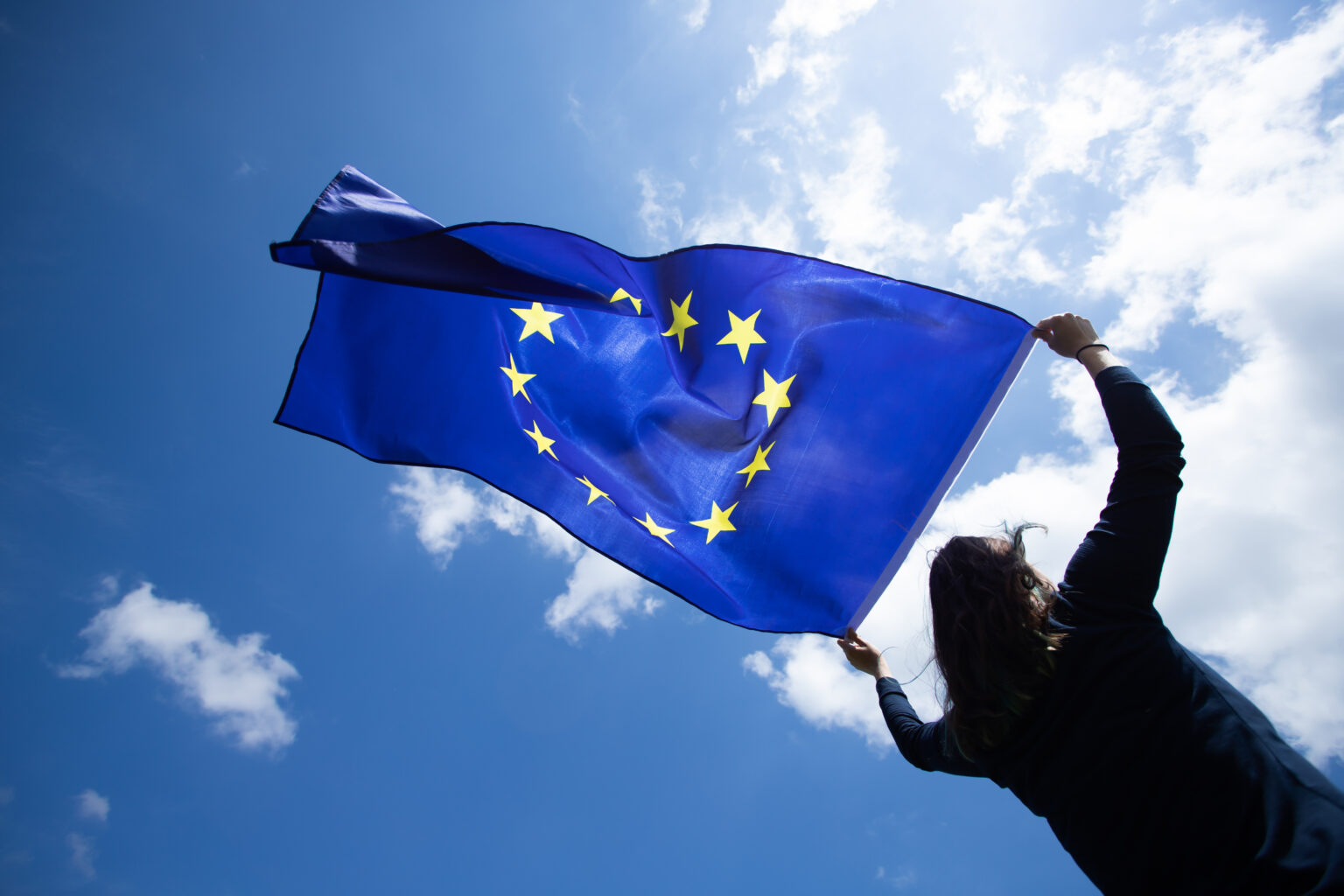The EU is edging closer to passing an act that will minimize the potential harms of artificial intelligence (AI), but not everyone is happy with the bill in its current form.
Access Now is one body that has expressed concerns. The human rights group believes that the AI Act doesn’t do enough to protect asylum seekers and irregular migrants.
The EU AI Act
The EU act is designed to prevent AI from being used for subliminal messaging, exploiting vulnerabilities in computer systems, and establishing any form of social credit system.
The Czech Republic is the current President of the EU, responsible for guiding the bill through to its finish. Ivan Bartoš, Czechia’s Deputy Prime Minister for Digitalisation hailed the bill in its current form as a “delicate balance between the protection of fundamental rights and the promotion of uptake of AI technology.”
The bill excludes traditional computing systems but includes modern machine learning.

The EU AI Act does not protect the most vulnerable
Access Now, a migrant lobby group that “defend and extend the digital rights of users at risk globally,” argue that the new bill does not do enough to protect everyone. Access Now and some 190+ partners are calling on the EU to ensure the bill also protects irregular migrants and asylum seekers.
“Artificial intelligence tech is being deployed to intimidate, discriminate, and categorise certain groups of people,” said Caterina Rodelli, EU Policy Analyst at Access Now on Tuesday.
“The EU has a responsibility to ensure the fundamental rights of all are upheld inside, outside, and at every border across the Union, and that these new tools are not used to reinforce prejudice and perpetuate oppression of certain groups. The AI Act must be amended now.”
Access Now went on to argue that if the AI Act failed to cover these groups that would fail in its mission to promote “trustworthy AI.”
The AI Act aims to implement an ecosystem of trust by proposing a legal framework for AI-based solutions while encouraging businesses to develop them. Regarding technology, Europe has made no secret of its desire to export its values across the world, at least at a principle level.









 and then
and then